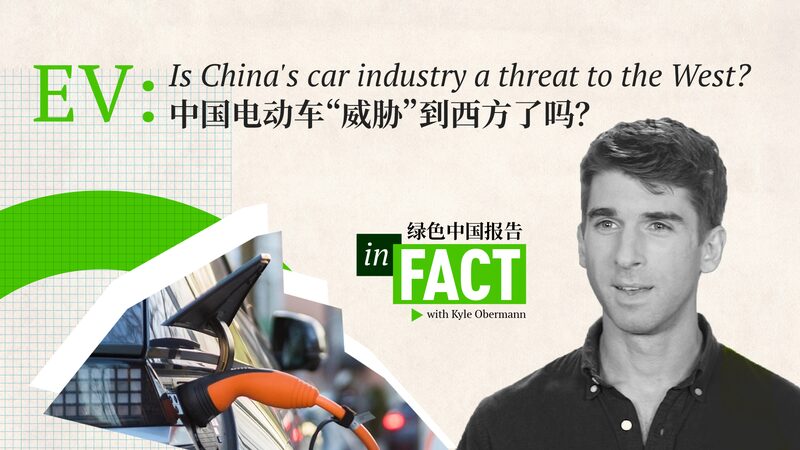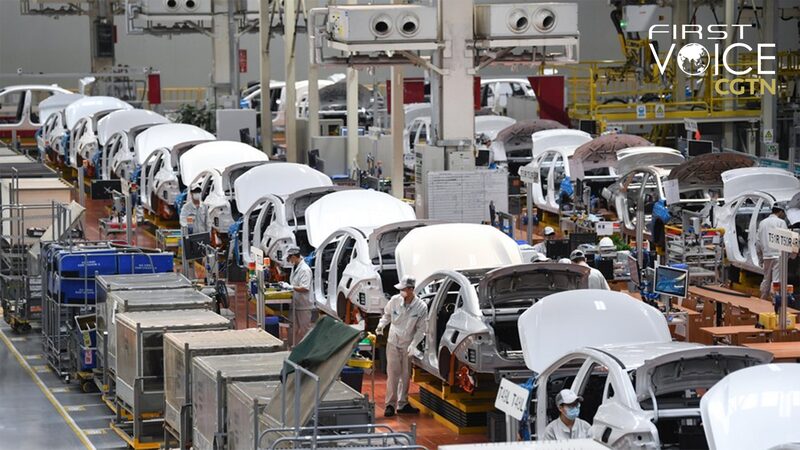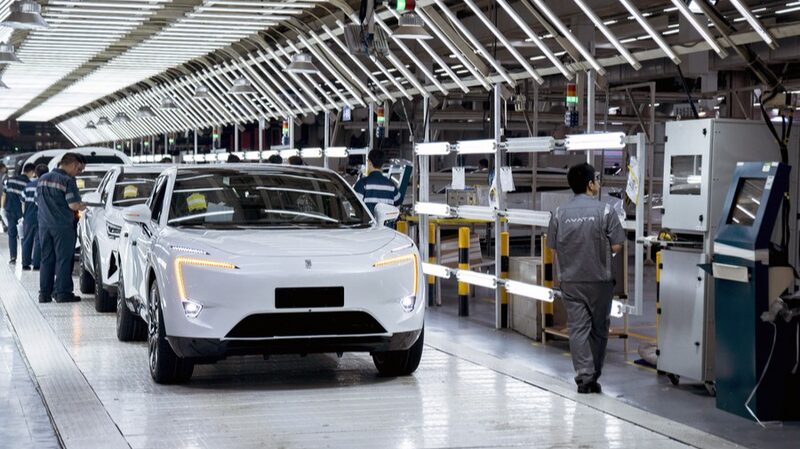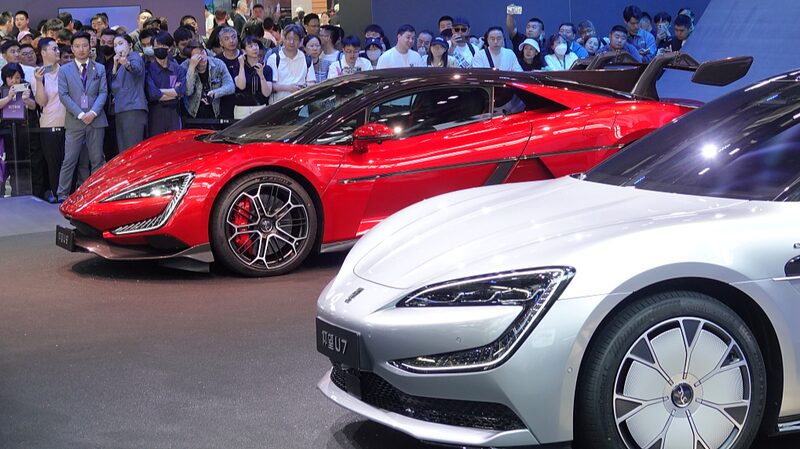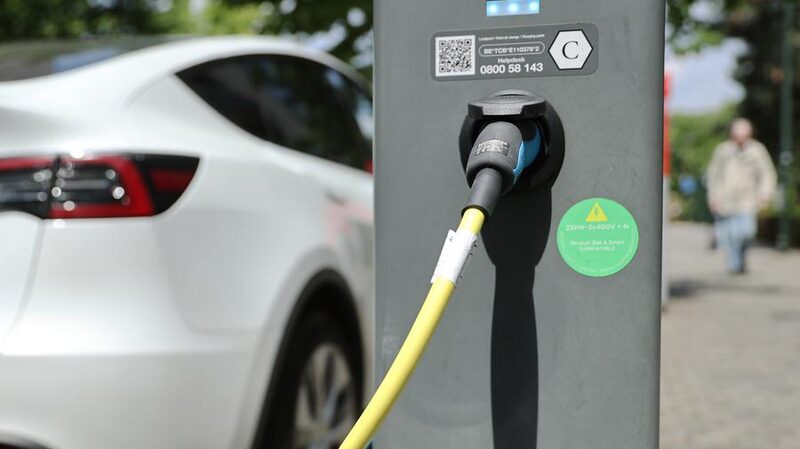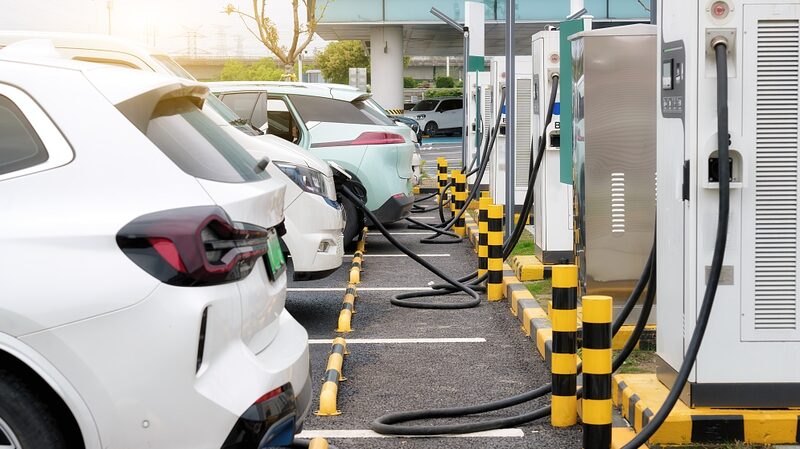The Turkish government has announced a significant reduction in tariffs on electric vehicles (EVs) imported from the Chinese mainland, aiming to attract investment from Chinese automakers and bolster its domestic EV industry. This policy shift comes amid concerns over the rising market share of Chinese car imports, which have reached around 10 percent in Türkiye.
According to a presidential decree published in the Official Gazette on July 5, additional tariffs on imported Chinese vehicles have been eased, providing carmakers that invest in Türkiye with exemptions from these tariffs. The import duties have been reduced from the previously imposed 50 percent total tariff (which included a 40 percent additional tariff) to a standard 10 percent tariff.
The Daily Sabah reported that this move is expected to place Chinese automakers in a more favorable position, especially if they present investment plans in Türkiye. By investing locally, Chinese manufacturers could benefit from Türkiye’s proximity to the European Union (EU), where they are currently facing new tariffs of up to 38 percent on EV imports.
In March, Türkiye had increased tariffs on EVs imported from the Chinese mainland, raising the total tariff to 50 percent. In June, the policy was expanded to include all Chinese imported vehicles and auto parts, with a minimum tariff of $7,000, set to take effect on July 7. These measures had drawn strong opposition from China.
The Ministry of Commerce (MOFCOM) of China expressed firm opposition to the additional tariffs, stating that such moves violate World Trade Organization (WTO) rules. MOFCOM remarked that the changing policies not only harm the interests of enterprises on both sides and local Turkish consumers but also raise concerns about the Turkish business environment among Chinese companies, undermining their confidence in investing in Türkiye.
Industry insiders in Türkiye believe the tariff reduction aims to encourage Chinese EV manufacturers to establish local production facilities. The government hopes that by incentivizing investment, it can strengthen the domestic auto industry and leverage the strategic advantage of its customs union agreement with the EU.
Negotiations are reportedly underway with Chinese companies nearing investment commitments. Once finalized, these commitments will unlock tariff exemptions. However, failure to invest within the designated timeframe outlined by Turkish regulations will result in the withdrawal of these benefits.
Türkiye has long sought to attract carmakers to its shores, particularly from the Chinese mainland, to boost its position in the global EV market. With the latest policy adjustments, Türkiye is positioning itself as a strategic hub for Chinese automakers looking to expand into the EU market while navigating tariff barriers.
Reference(s):
cgtn.com
